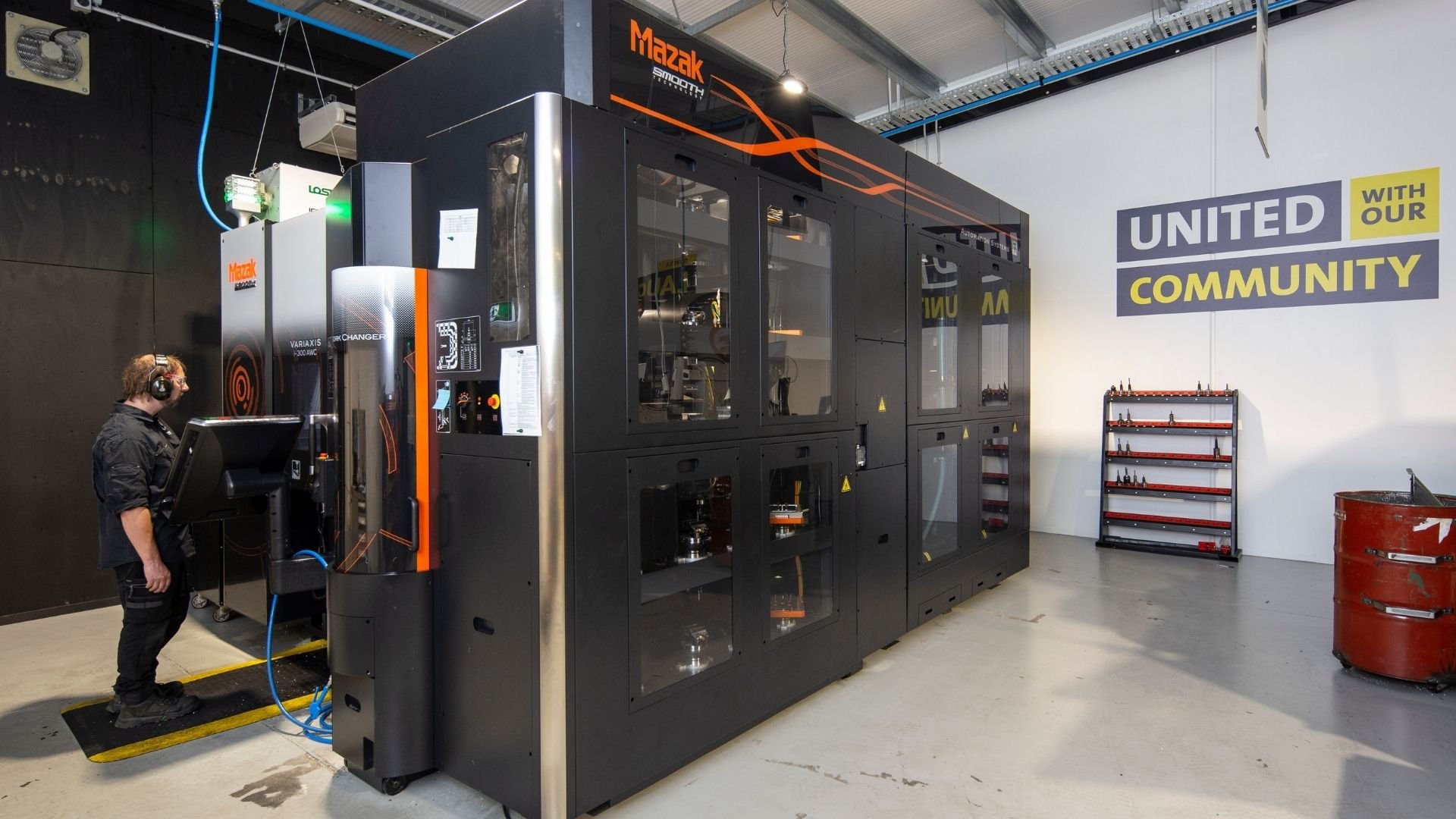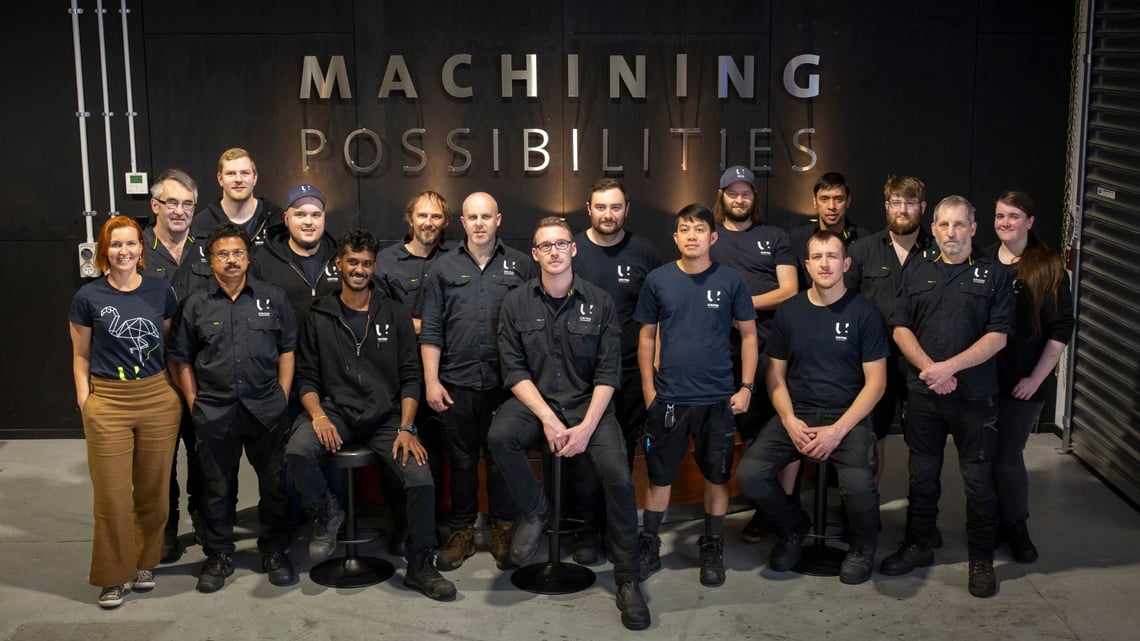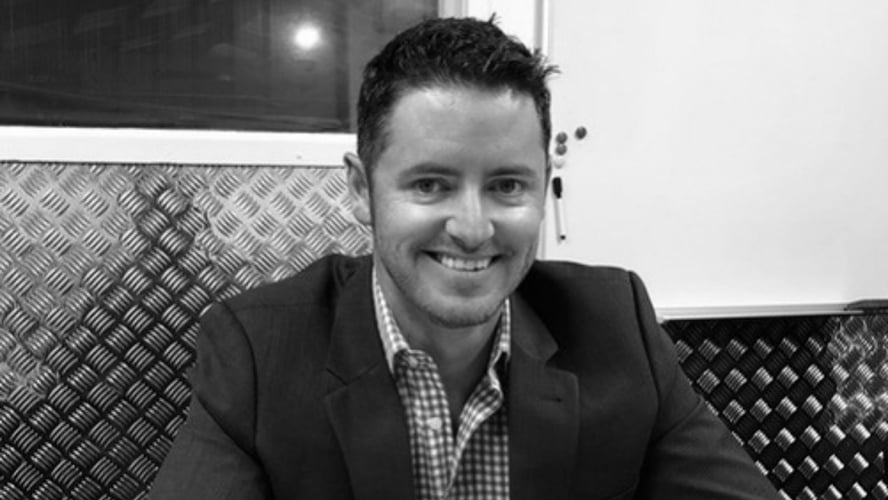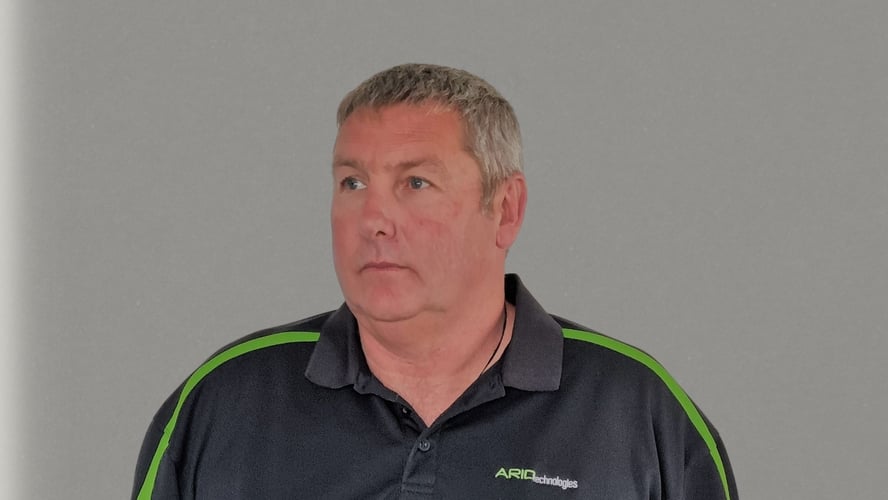Kiwi Business Story: Sarah Ramsay from United Machinists

Sarah Ramsay is the Chief Executive Officer and co-owner of the award-winning United Machinists. The Dunedin-based business precision engineer critical components for many of New Zealand’s most prestigious high-tech manufacturers across industries such as aerospace, medical, cinematography and marine industries.
Location: Dunedin
Business Type: Engineering
Founded: 1977 (Sarah and her husband Alex Ramsay became the new co-owners in 2017)
Number of employees: 16
Current Business Situation: Back in high-growth and expansionary mode post-COVID downturn
Relationship with The Icehouse: Owner Manager Programme Alumni
‘By all accounts, working with Sarah at United is fantastic. She challenges her employees, empowering us, helping us grow individually and alongside the vastly growing business. It’s a good feeling not only coming to work excited for the day ahead, but what the future holds for a business in the hands of someone with so much passion and enthusiasm.’
- Mike Thompson, Foreman
Tell us about yourself and why you decided to become an entrepreneur?
I was managing director of my own marketing company, Immersion Marketing, for eight years from 2010. We had a great team and clients, but I’d established two things. Firstly, the business of selling ‘time’ alone was hard yakka – we either needed to scale up which would compromise quality, or keep it small. Either option required me to ‘work in’ the business hands-on with clients, meaning I didn’t have time to pursue my own other ventures.
Secondly, I was more than ready to work on my own venture and have full control over developing and executing on strategy – when you’re selling ‘ideas’ there’s no obligation for clients to execute on them fully, and that gets frustrating after a while.
So I ‘pivoted’ Immersion Marketing into Immersion Ventures in 2017 and started pursuing professional directorships and full-time investing. I joined the United Board as a Director in 2017 when we bought the business from Alex's parents (and the founders), Doug and Lesley. By early 2019 it was growing rapidly so I stepped in full-time to help with a digital transformation project to help us scale – the rest is history as I never left!
Why did you choose your type of business?
I realised selling ‘time’ was a bit of a mug’s game – and hard work. Giving people advice is quite intangible because you don't have control over whether they’ll follow, or not follow, the strategies you give them.
So we had a bit of a reality moment at the start of 2019, when Alex and I agreed that the best investment we could possibly make was investing both of our time and energy into a growth strategy for United Machinists. Alex is a brilliant machinist and engineer, and I have the business skills, so I came in as project manager.
How have you and your business been impacted by COVID-19?
We were undergoing massive growth after buying the business. By late-2019 we had doubled in turnover. We’d made some key decisions on major capital expenditure, had started building a new site and were rolling out our expansion plan.
In February 2020, we noticed we had a problem. January In New Zealand is obviously relatively quiet, and things usually go nuts the month after, but February just failed to fire.
We're quite exposed to the US market, and even though we don't export directly, 90% of the work we do is exported and a large share of that to the US. Our clients felt it early, everything slowed down and because there was so much uncertainty in the market, no one was making any brave decisions.
Then, in March, everything just got cancelled once lockdown was announced. I put out a letter to the team, giving them the complete picture of where we were, when we were going to run out of cash, and what we needed to do to survive.
The next Zoom session was remarkable. Some of the team took a 30% pay cut overnight, I had a phone-calls from team members wanting to make sure they’d conceded enough to ensure that none of their colleagues would lose their jobs. One guy went on unpaid leave for four weeks voluntarily, and said ‘just hire me back when you can’. It was really amazing.
We shaved around 40% of the wage bill. Everybody volunteered a concession and had their own agreement in place. As leaders, it’s our role to help steer people through it, but it's not our role to decide for people. It meant we didn't have to let anyone go, which was just fantastic.
What are currently your biggest challenges?
Coming up with a COVID-19 contingency plan was the biggest thing for us in 2020. In April, we did approximately 5% of what we’d normally do – a $10,000 month when we’d originally forecast it to be a $300,000 month.
One of our biggest and most consistent clients pulled all of their orders indefinitely, which highlighted how exposed we are to certain markets and clients. The longer-term strategy, irrespective of COVID, was to reduce our key client risk, which had also become very apparent from doing the Owner Manager Programme 48.
So lockdown was terrifying. I thought everyone would lose their jobs, I’d destroyed a second-generation business, we were going to go bankrupt, lose the house, and a million other things.
I didn't have the luxury of wallowing in self-pity. We created four different cash flow scenarios, including a Doomsday one. We forecast when we would run out of cash depending on what measures we took, and the preferred measure – which involved applying for the wage subsidy as well as getting some debt relief from the bank.
In the second half of 2020, we decided to be bold and agreed that it was the best time to grow our market share. Nobody else was out there marketing, so that was the time to be brave. In the end, we managed to execute a really good campaign which gave us plenty of leverage.
From there things recovered really quickly, we absolutely blitzed new business records and existing clients picked back up – this allowed us to put everyone back up to 100% of their wages and in September we hired three new staff.
What kind of support have you received from The Icehouse and are you looking to keep working with them?
It was funny because I graduated from OMP 48 two weeks before lockdown. I’d been challenged, had a confronting final decision, and I walked away from the programme not feeling confident about our strategy or that we had it right at all.
By the end of the Owner Manager Programme, the motto was, ‘I'm no good to anyone unless I am initially good to myself.’ Many of us got that from the course and I’ve maintained that idea.
There’s a lot of ‘mana’ around the programme, so I felt quite privileged to participate as OMP has a reputation as being a serious programme for serious businesses. I was able to thrash out what our longer-term growth strategy should look like and meet some other business owners, and those were the main reasons I chose to do OMP.
How have things changed since working with Icehouse?
I’ve run quite a few of the Owner Manager Programme workshop exercises with the team and they were great, and we have Andy Hamilton (former CEO at The Icehouse) on board as our business advisor and informal director for 2021.
We’ve been working together on various marketing campaigns, he’s made some amazing introductions for me and has been my coach – keeping me on track and challenging me in a supportive way.
Andy chaired his first Board meeting for us in December 2020. He just asks really good questions. They can be broad; such as asking me what have been my biggest reflections and big lessons from the year. Then we’ll talk through those, pull out some meaningful observations and work out what needs to be changed next.
So it's not like he has all the answers; he is just exceptionally good at making you unpick your thoughts. Aside from the broad strategies, we can get very specific – in regard to things like organisational structure, for example, and we’ve had some pretty robust conversations around that.
I still meet up with my OMP cohorts when possible and, as a business, we’re back on track after COVID. We are busier than ever before. Everything has rebounded quite quickly and, while work is still inconsistent, it’s beginning to feel normal. I’m cautiously optimistic now and very optimistic for the longer-term.
What advice would you give to other entrepreneurs who are considering the Owner Manager Programme?
I sit on several local boards. I’m Chairperson at Startup Dunedin and a Director at SOREC (the Southern Otago Regional Engineering Collective) and MAI (Mainland Angel Investors), so I get to meet a lot of young businesspeople.
Getting to grips with the fundamentals of customer behaviour is so important. I come back to asking business owners, ‘who is your market?’ a lot of the time. There are always plenty of assumptions made in business, and often entrepreneurs don't go deep enough into understanding the psyche, needs and the value of what they’re delivering.
They’ll give you a demographic breakdown, for example, but they don’t actually understand the pains and drivers of their customers. Work on that, and you’re on your way.
Follow the link for more information about United Machinists and its range of services and capabilities.


